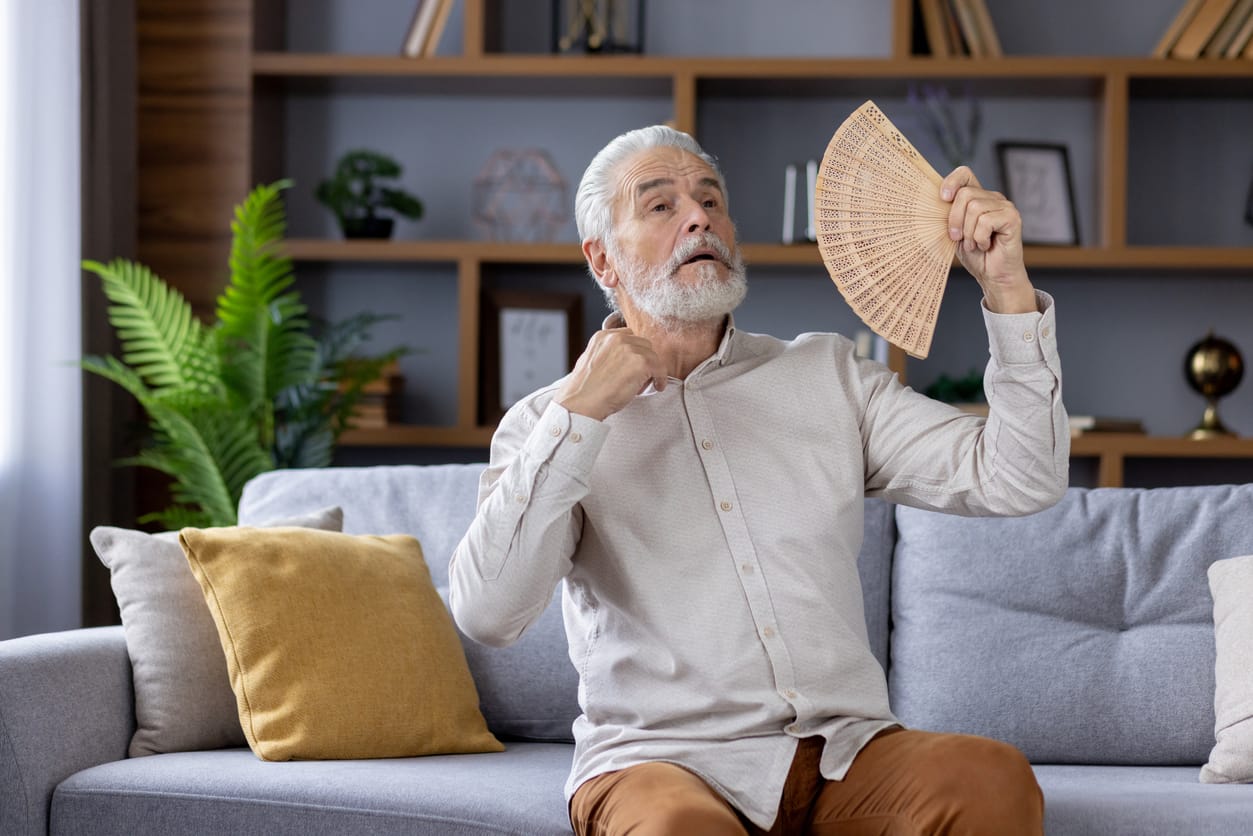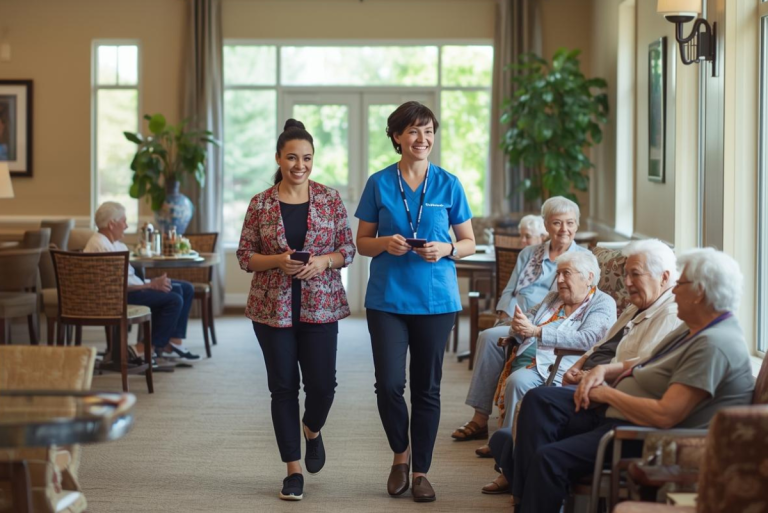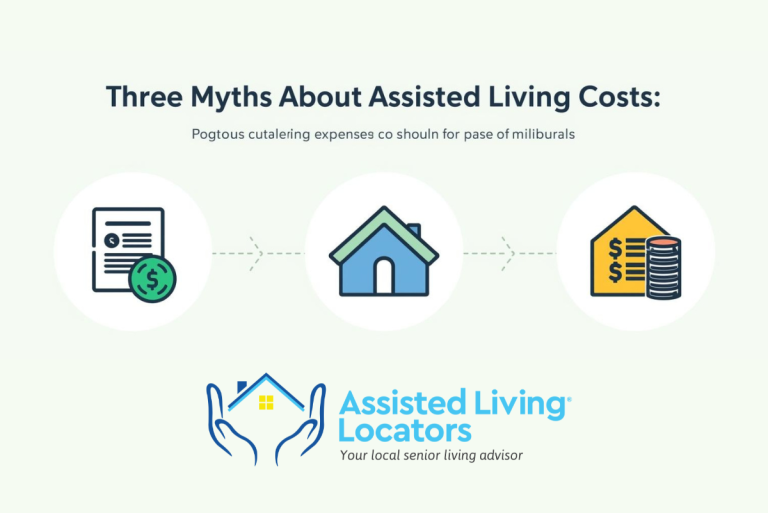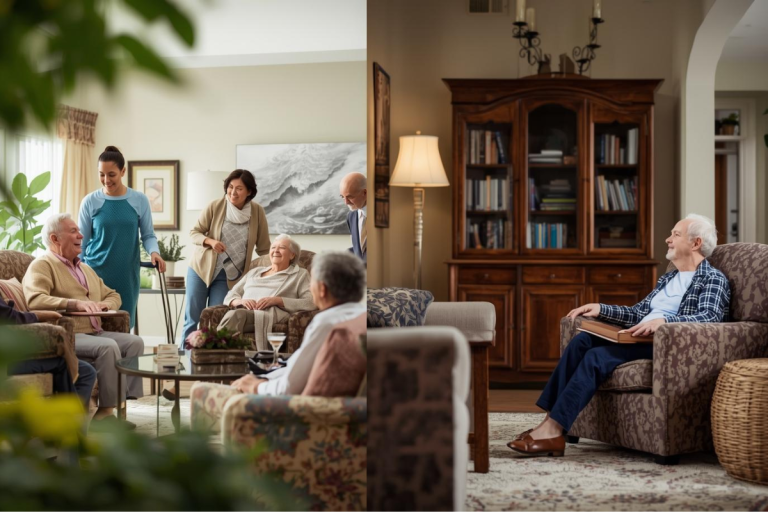Ensuring the well-being of seniors, especially during warmer months, requires a keen understanding of their heightened sensitivity to heat. Reduced sweat production and alterations in skin and blood circulation make it harder for seniors to cool down in hot conditions. These changes, coupled with age-related health conditions like cardiovascular disease and diabetes, heighten their sensitivity to heat.
Caregivers must be vigilant, ensuring seniors stay hydrated, avoid prolonged exposure to heat, and modify activities during peak hours. Consulting healthcare professionals for personalized guidance and implementing preventive measures can significantly reduce the risk of heat-related illnesses, safeguarding the health and comfort of elderly loved ones.
1. Stay Hydrated
Hydration is vital, especially during hot weather. Encourage your loved one to drink water regularly, even if they don’t feel thirsty. Older adults may not always recognize when they're dehydrated, making it important to offer fluids throughout the day. Avoid caffeine and alcohol, as they can lead to further dehydration.
2. Maintain a Cool Environment
Keeping the living environment cool is essential. Ensure that air conditioning is functioning properly, and use fans or cool baths if air conditioning isn't available. It's a good idea to close blinds or curtains during the hottest part of the day to block out the sun and keep indoor temperatures lower.
3. Dress Appropriately
Help your loved one choose lightweight, loose-fitting clothing made of breathable fabrics like cotton. This can help their body stay cool and reduce the risk of overheating. Light-colored clothing also reflects sunlight rather than absorbing it, which is another way to keep cool.
4. Limit Sun Exposure
Direct sun exposure can quickly lead to overheating. Schedule outdoor activities for the early morning or late evening when temperatures are cooler. If going outside during peak sun hours is unavoidable, ensure your loved one wears a wide-brimmed hat, sunglasses, and sunscreen with at least SPF 30 to protect their skin.
5. Monitor Medications
Some medications can increase sensitivity to heat or affect hydration levels. Review your loved one’s medications with their healthcare provider to understand any potential risks and adjust their care routine as necessary. Keep an eye out for signs of heat-related issues like dizziness, confusion, or nausea.
6. Plan for Power Outages
Power outages can be dangerous during extreme heat. Have a plan in place, such as knowing the location of cooling centers or having battery-operated fans on hand. It’s also wise to keep a supply of non-perishable food, water, and medications in case of emergencies.
7. Be Alert to Heat-Related Illnesses
Learn to recognize the symptoms of heat exhaustion and heat stroke. Signs of heat exhaustion include heavy sweating, weakness, dizziness, nausea, and a fast, weak pulse. Heat stroke, a more severe condition, is characterized by a high body temperature (above 103°F), hot and dry skin, confusion, and loss of consciousness. If you suspect heat stroke, seek emergency medical attention immediately.
Recognizing Signs of Heat-Related Illnesses in Seniors
Early Symptoms
Early detection of heat-related illnesses can make a significant difference. Be alert for signs like excessive sweating or, conversely, a lack of sweat, which can indicate the body’s cooling mechanisms are failing.
Fatigue and weakness are also common early symptoms, as the body struggles to cope with the heat. Headaches and dizziness may occur, signaling dehydration and overheating. Nausea and vomiting are further indicators that the body is under stress from the heat.
Severe Symptoms
If early symptoms are missed or not addressed, the situation can quickly escalate. Severe symptoms include confusion and disorientation, which are alarming signs that the brain is affected by the heat. A rapid pulse and breathing indicate the heart and lungs are working harder to cool the body.
Fainting or unconsciousness are critical signs requiring immediate medical attention. Lastly, a high body temperature is a clear indicator of heat stroke, a life-threatening condition that demands urgent intervention.
Preventive Measures for Caregivers
- Environmental Controls: Creating a cool living environment is paramount. Ensure the use of air conditioning and fans to maintain a comfortable temperature indoors. It's vital to advise staying indoors during peak heat hours, typically late morning through early evening, to minimize heat exposure.
- Hydration Strategies: Encourage regular fluid intake throughout the day, focusing on water and electrolyte-rich beverages. Avoid caffeinated and alcoholic drinks, which can contribute to dehydration. Be vigilant in recognizing signs of dehydration such as dry mouth, dark urine, or dizziness, and promptly address these signs by offering fluids.
- Clothing and Personal Care: Choose loose, light-colored clothing for seniors to help them stay cool. When outdoors, provide hats and sunglasses to protect against direct sun exposure. Regularly check on their well-being, ensuring they are comfortable and not overheated.
- Medication Management: Monitor medications that may affect heat regulation, such as diuretics or beta-blockers. Consult healthcare providers about the potential impact of these medications in hot weather conditions. Adjust medication schedules as needed to mitigate risks associated with heat sensitivity.
Emergency Response Plan
Having a well-prepared emergency response plan for heat-related situations can be lifesaving for your elderly loved ones. Here's a guide from a caregiver's perspective:
Identifying Heat-Related Emergencies
Knowing when to seek medical help is crucial. If a senior exhibits symptoms such as confusion, rapid pulse, or high body temperature (above 103°F), seek immediate medical attention. In cases of heat stroke or exhaustion, take quick first aid steps such as moving them to a cooler place, applying cool, wet cloths to their skin, and offering sips of water if they are conscious and able to swallow.
Communication and Support
Keep emergency contacts readily available, including healthcare providers and local emergency services. Inform family members and neighbors about the senior's condition and the steps to take in case of an emergency. Utilize community resources such as senior centers or local health departments for additional support and information on coping with heat-related issues.





